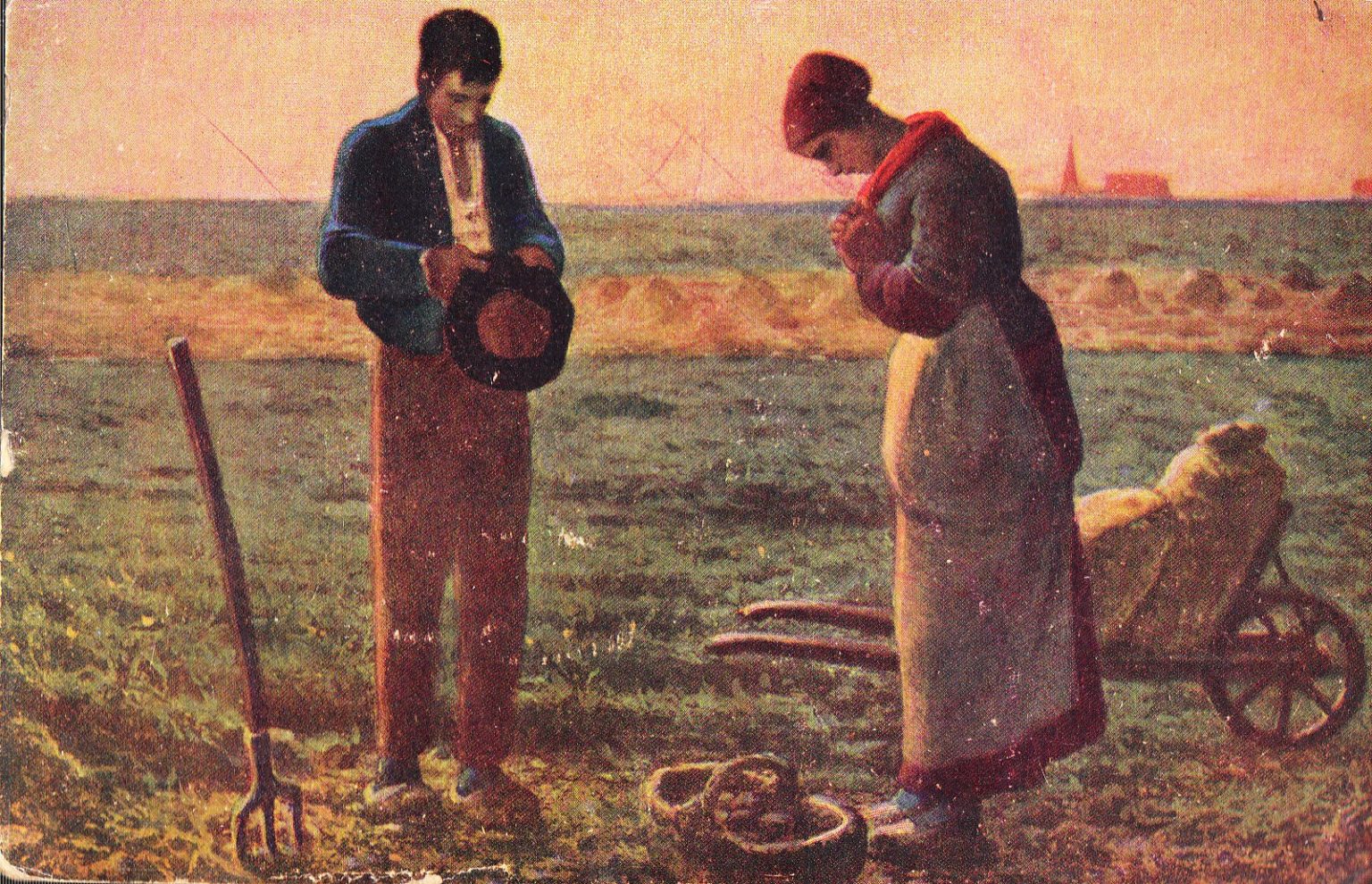(From a book written in 1947 describing children of privilege when there were far fewer of them; a description of French children of plantation owners around 1800 in the Caribbean:
“There isn’t one who hasn’t the temper of the devil, the vanity of a peacock, the domineering instincts of a bully and a coward. They’re little despots, little vile-tempered, foul-mouthed tyrants, thinking only of material goods and display, caring nothing for things of the intellect, nothing for the improvement of their minds, nothing for religion.”
Anyone who reads this immediately draws an association with American youth of today. But then on deeper reflection, the children of hereditary privilege also come to mind, and the aristocracies that bore them for many centuries. Royal lineage goes way back but America’s goes little more than a century.
GK Chesterton once wrote that the rich think they don’t need morality, while the poor insist on it. For them it is a survival mechanism. (Hold that thought.)
There has always been a qualitative difference between the children of American wealth and the children of aristocracy, but not necessarily in a flattering way.
European aristocrats believed the inability to handle wealth, and the power it created, would be the ultimate undoing of the American democratic “experiment”. And by the time of the American Revolution, they believed they already had proof by observing the children of rich plantation owners in the New World.
The aristocratic solution was total segregation; private schooling, live-in nannies, boarding schools when older. Then private colleges followed by secure positions inside that part of government that was reserved exclusively for them, and where they could compete, lie, cheat and back-stab to their hearts content in what today we would call “front office politics”.
This system actually worked measurably well when those children were also put in the care of the various churches, the Roman Catholic most dominant into the 1500s. Spain, France and England put their own individual touches to the religious education of children, while Protestant Dutch and German put a different twist in their culture. Barbara Tuchman related that in 15th Century France, when Knighthood was still in flower, and a code of chivalry enacted to guide their conduct, the most favorite sport of young knights was to “deflower” new wives of older knights who had come into their castle as part of an arranged marriage involving a land deal. So very French. But that is how it came to be, in the waning days of European royalty, that Queen Victoria was grandmother to virtually all the reigning monarchs involved in World War I, on both sides.
But from daylight to dark the children of nobility did not associate with children of merchants, or of the village, and certainly not of the street. In the days of the manor, they didn’t even consort with the children on the castle grounds, or in the stable and kitchen.
So, if any of them, and I assume many of them, fit the “tyrant-child description” above, very few people would ever know. That’s the laird’s son was a devil would only get around by the whispers of household staff.
But the opening of the New World changed all that; French Canada, Spanish America from Mexico south, and the entire Caribbean, and wherever the trader-Dutch could build and hold onto a port, suddenly great wealth accrued to the intrepid men of much lower degree who first conquered those lands then turned them into profitable enterprises, primarily in planting and re-selling.
At the time of the American Revolution there was only one “Sir”, a knight of the realm, in the American colonies.
The American colonies were more pedestrian, as we were founded by land companies with royal grants (so that their king could claim authority over the land, an old feudal notion that all the land on earth had to belong to a royal, who could then dispense it to whomever he pleased). These early colonists also had strong beliefs in several variants of Protestant Christianity.
So Americans did not inherited their sense of privilege from any noble stock, French, Spanish or English. Some would say we made up for that in self-righteousness.
Throughout the 19th Century Europe’s aristocrats and political class still expected the American “experiment” to fail. Actually hoping for it, since the successful rise of a political system based on the likes and dislikes of the bottom 90% would prove everything the nobility had erected in Europe since they first learned how to eat with forks, not slurp their soup, and never belch without covering up with a napkin, really wasn’t a direct grant from God, and their Divine right of kings to rule over that other 90% entirelu bogus..
If America succeeded it would signal to 90% of Europe’s people that they too could govern themselves better, which of course, by around 1900, we had done.
America’s great wealth didn’t come on the backs of plantations however, although the invention of the cotton gin in 1794 (note the date, after the American Revolution) by a fellow in Massachusetts did turn cotton into one of the world’s largest cash crops, expanding slavery in America three-to-four fold in cotton states, all in the 1800’s. We know Scarlett O’Hara because of this period, and some of her antics as a young girl could fit into the description of the selfish, self-centered girl, as described above.
But financially, Eli Whitney did better than the southern plantations that harvested “his cotton”. And his profession, mechanical inventions, would guide America through the 19th and early 20th Century, into the greatest wealth producing system known to man, and until only the past 70 years or so…with benefit of clergy.
Early American business barons also turned their children over to private schools, but mostly with a religious slant. But by 1900 the “spoiled little rich kid” had become a byword in America literature and lore. Only in fiction it was about their rescue and redemption, morality stories, not hateful tales of them getting their just desserts. Hollywood carried this theme into films, of the Richie Rich’s who needed to be “assimilated” into the common American culture. It was a very successful genre at one time, Americans flocking to theaters to be reminded, “Don’t let your kids grow up to be like this kid, instead, show him the way.”
So, this isn’t about that little 16-year old girl from Sweden for she’s the product of 70 years of just what we want to prevent here in America. She is what seven decades of socialism can do to a society, especially once it can banish God from public discourse.
America has the same ingredient of many more rich, spoiled upper-middle class brats, including the tools to indoctrinate them as deeply as Sweden, without benefit of private schooling.
We are now in our second generation of children who fit the “little tyrant” profile above to a tee, and thanks is owed to Parkland High School in Florida and Columbine High School in Colorado for giving us a profile, not so much of the children as the parents and their world views about parenting and entitlement.
When I saw David Hogg my first instinct is to want to backhand his mother, since I doubted he had a live-in father, but if he does, then backhand him for being such a woos. “The vanity of a peacock, the domineering instincts of a bully and a coward, a little despot and vile-tempered, foul-mouthed tyrants” fits David to a tee.
But I also feel sorry for poor David; sorry that no one bloodied his nose in third grade, or that the schools have redefined the term “bully” beyond recognition.
American kids come from different stock than do the world’s aristocraties. Being an aristocrat-in-mind-only can be more dangerous, especially in a nation that seemingly can pump them out by the hundreds of thousands each year. But for two generations we’ve tried to create our own pedestrian aristocracy here, only, much like the English middle class who went to India in the 19th-20th century to become the English Civil Service there, mimicking the manners of English aristocracy back home, there is a certain Ellie Mae Clampett quality that unmistakably marks them as not-the-real-deal.
They may fool each other, but no one else, either above them or below them.
Hate born of a sense of superiority seems to match the criteria set forth in the opening definition (above), but European aristocracies were acutely aware so kept their children totally segregated from the “ordinary” children, so as not to get their noses bloodied.
I get a strong hint of mommy-ism in American children’s brattiness. I don’t think anyone’s done a study, but religious families tend to stay together more, their children more morally-based and level-headed, while children of divorce are more often from non-religious families. In her 1971 essay Ayn Rand described the affluent students who took over the administration at Cal Berkeley in 1964 as “haters”, and her supporting argument is just as operable today for their children as then.
I tend to blame the absence of a male figure in these children’s lives, although I can’t quantify it. One of my more nightmarish dreams is that David Hogg might actually be the spitting image of his father instead of the product of Mom and a preening school system. Anything is possible, even predictable, once parents begin to spoiling their children into an image of themselves.
Of course what makes all this so damnably scary these days, since 1964, is that there are so many more of them. Again, this is uniquely American, the ability to create great wealth, where today being a millionaire doesn’t even make one “upper class” anymore, just upper middle class.
Parkland and Columbine aren’t even boarding schools for the rich, just public schools of affluent middle class kids, several hundred all bundled together, with an over-abundance of little pricks…but where there are no headmasters that students fear, but rather, much like the administrators at Berkeley, public school officers that are deathly afraid of screeching banshees, often no more than a handful, who show up at every board meeting if someone, anyone, has disrespected little Davey.
Thoughts?





